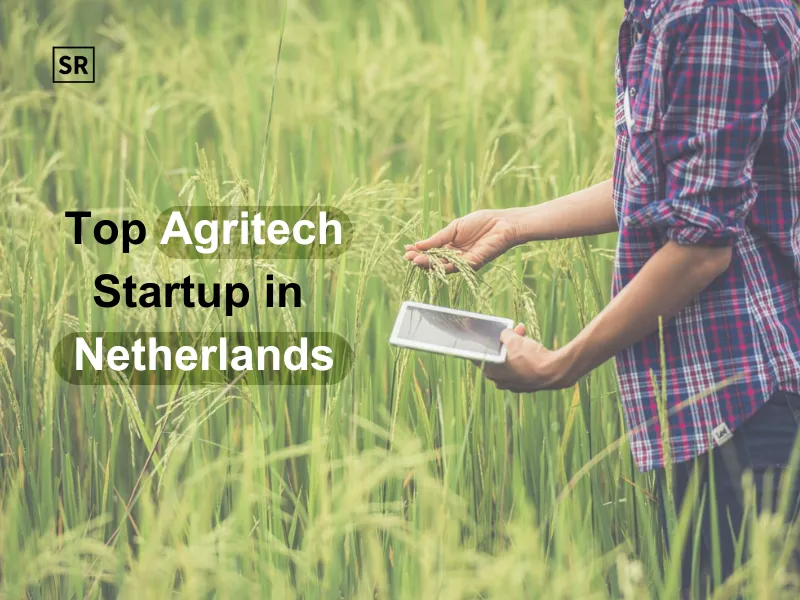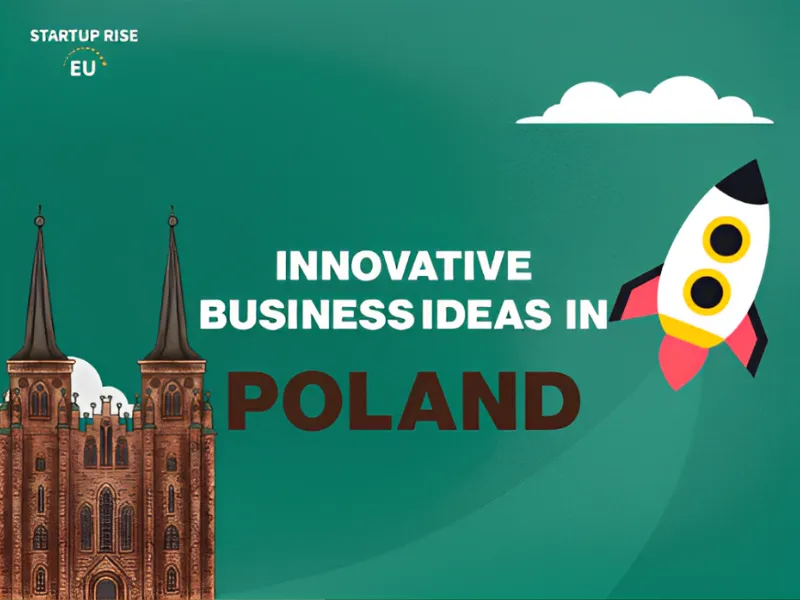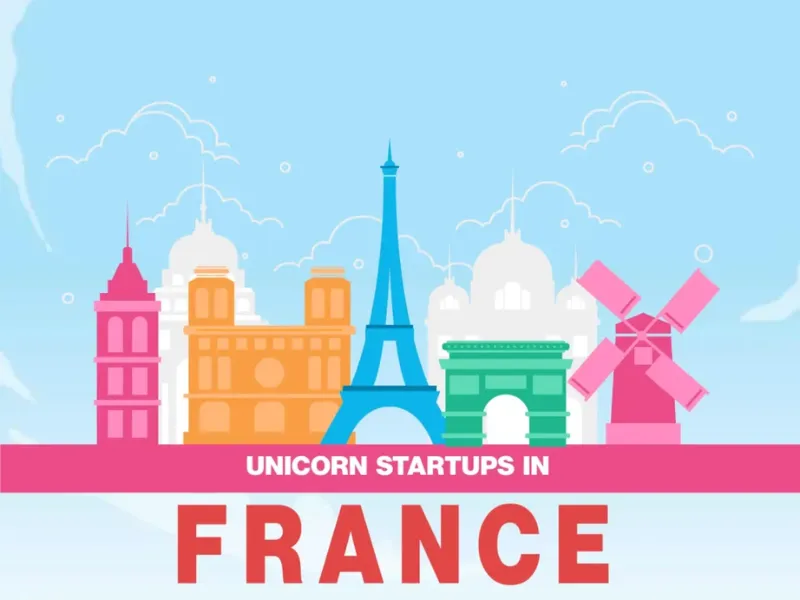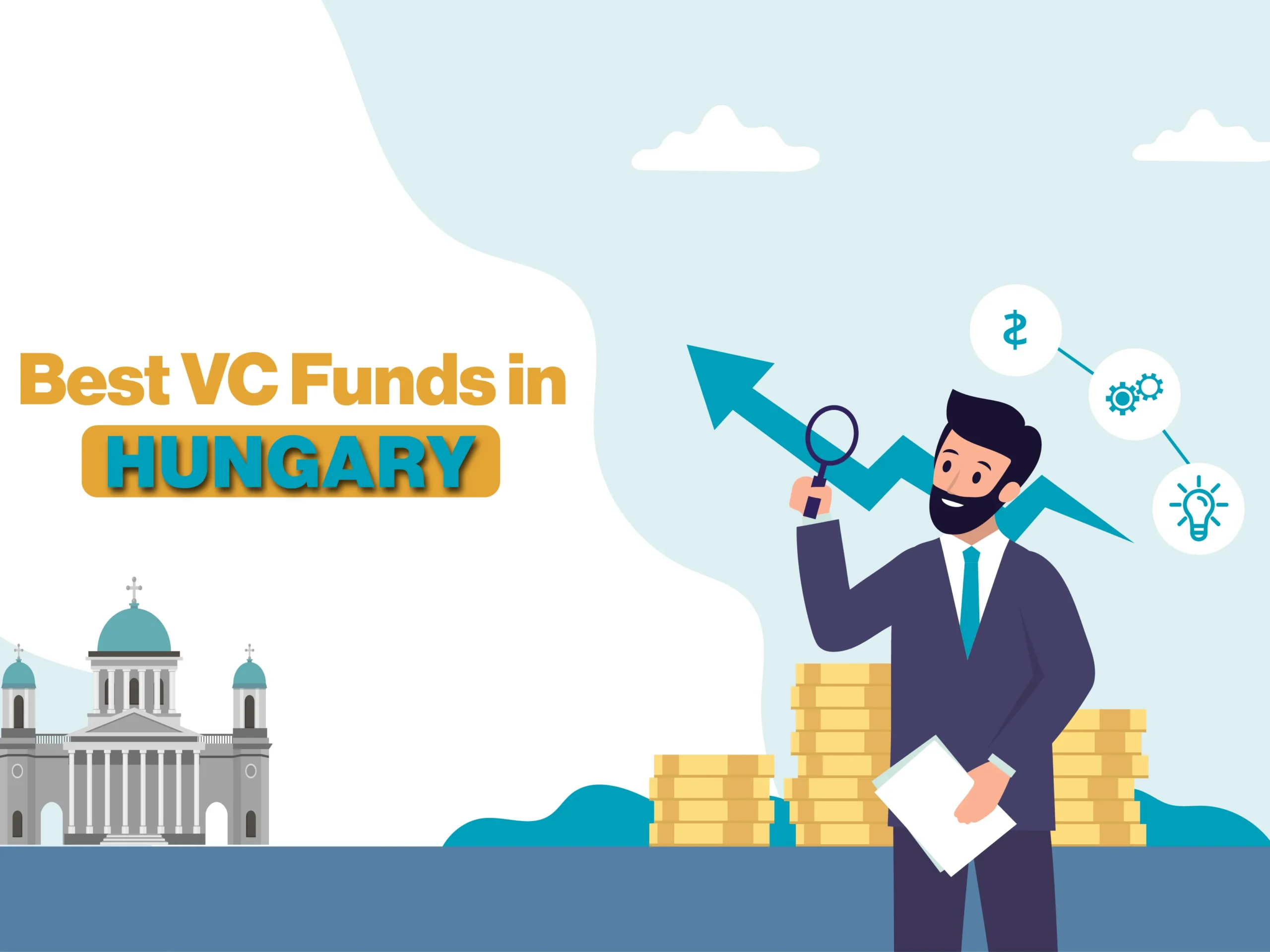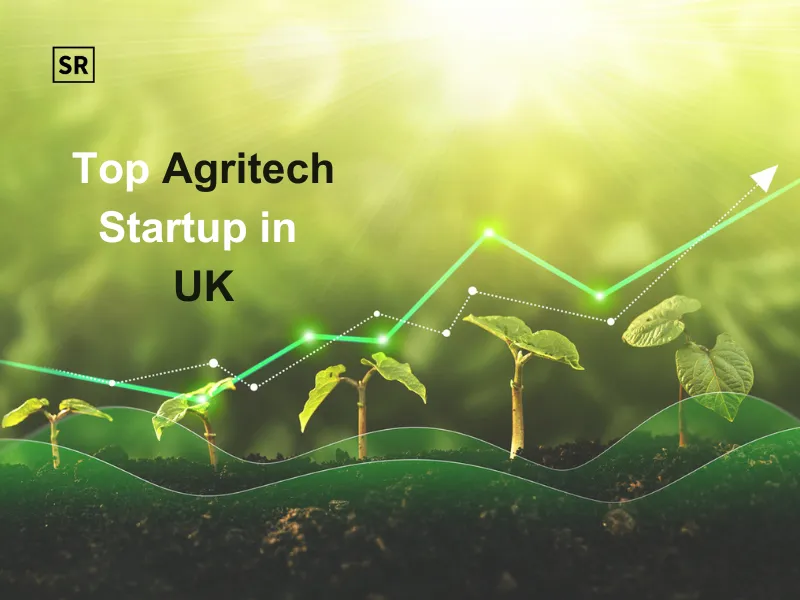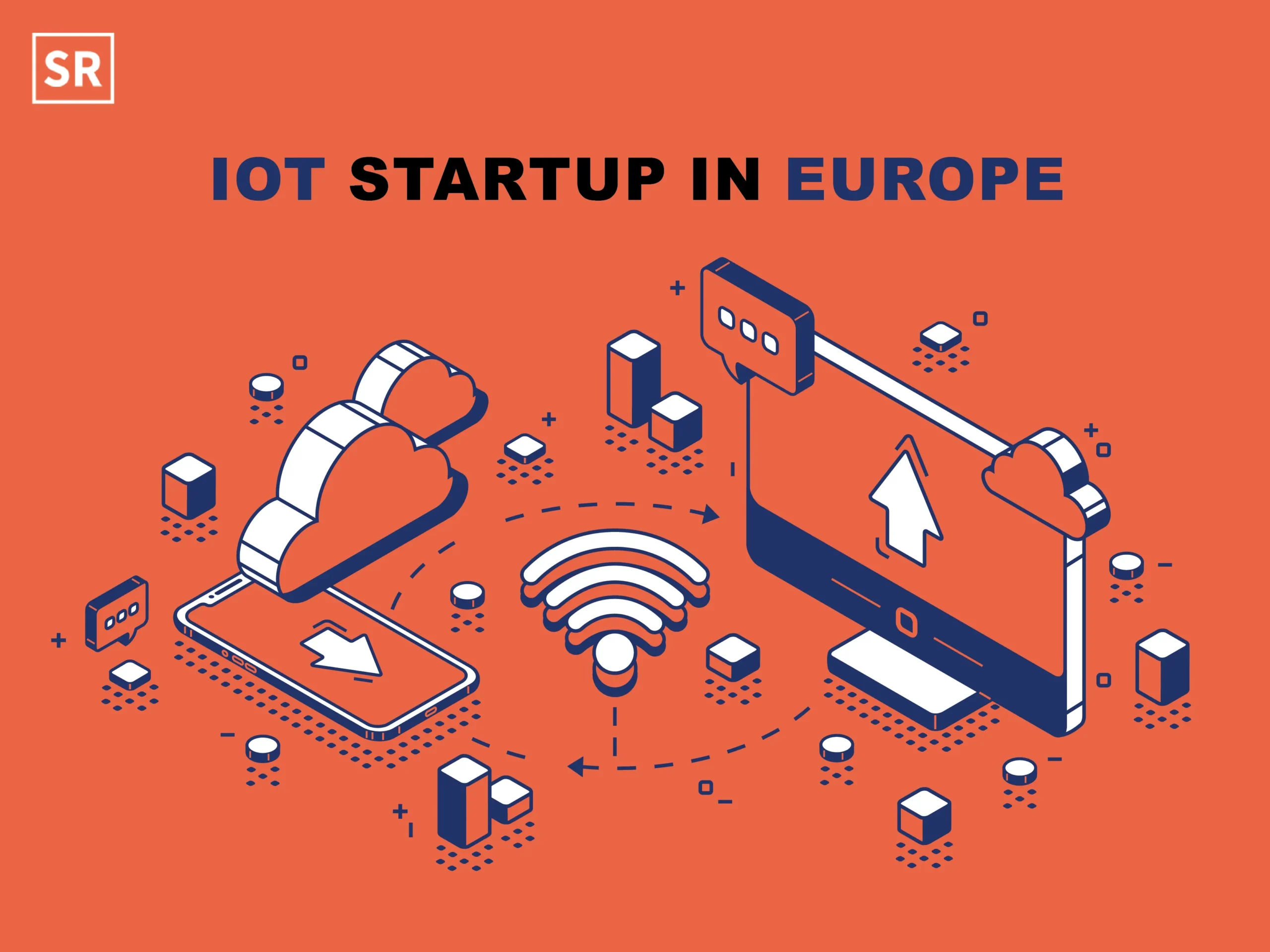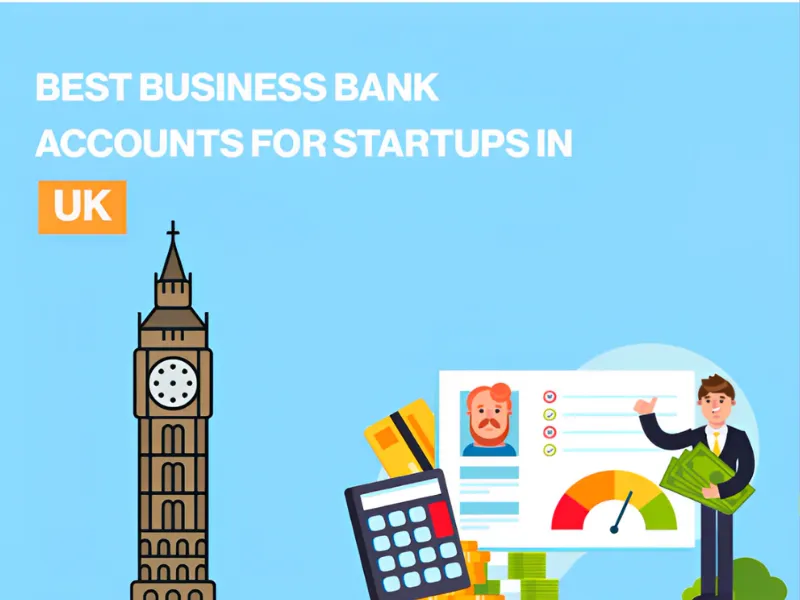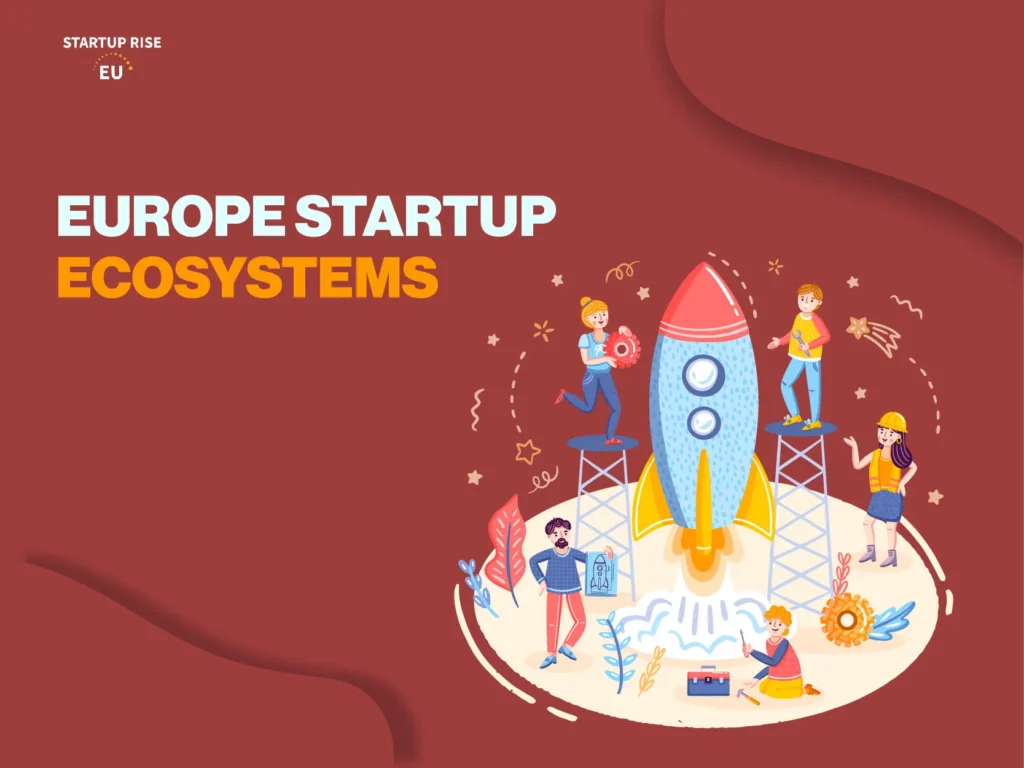
SUMMARY
- The European startup scene is constantly evolving, with new developments each year.
- n the past three years, the European VC landscape has flourished, with more investors entering at all stages of funding.
- London remains the top city for startup success, joined by other key cities like Paris, Berlin, and Stockholm.
The European startup scene is constantly evolving, with new developments each year. Although the total number of top 1,000 global startup economies has dipped slightly compared to last year, some countries and cities in Europe are showing impressive progress. London, Berlin, and Amsterdam are leading the way with their strong international connections, cross-border funding, and vibrant idea exchanges.
Most of Europe's top startups and scaleups are concentrated in the UK, Germany, and France, which together account for nearly two-thirds of the continent’s top 1,000 ventures. Despite global challenges like funding issues and fewer large exits, Cleantech and GenAI startups are experiencing significant growth, thanks in part to EU policies that are increasing funding for sustainable solutions in areas like energy, water, transportation, and agriculture.
In this article, we’ll look at how European startup ecosystems are changing, spotlighting countries that are rising or falling in the rankings. We’ll also examine city rankings and the diverse representation within the top 10, noting how the startup scene is becoming more decentralized in Germany and Spain.
Top Ecosystems of Europe in the Global Startup Ecosystem Index 2023
| Regional Rank | City | Country | Global Rank |
| 1 | London | United Kingdom | 3 |
| 2 | Paris | France | 9 |
| 3 | Berlin | Germany | 11 |
| 4 | Stockholm | Sweden | 19 |
| 5 | Amsterdam | Netherlands | 27 |
| 6 | Moscow | Russia | 30 |
| 7 | Munich | Germany | 34 |
| 8 | Barcelona | Spain | 40 |
| 9 | Helsinki | Finland | 43 |
| 10 | Madrid | Spain | 49 |
The United Kingdom, with London leading the way, remains the top player in Europe’s startup ecosystem, holding strong positions in global rankings. Sweden, France, Germany, and the Netherlands also make up the regional top 5, staying consistent with last year’s standings.
Key cities in Europe have well-established startup scenes, including:
- London - A major financial hub with a vibrant tech industry.
- Berlin - Known for its lively culture and robust tech community.
- Paris - A major European city with significant venture capital and a growing tech sector.
- Amsterdam - A key player in innovation and startups.
- Stockholm - Noted for successful tech startups and high investment levels.
In the city rankings, London is in a league of its own, leading the first tier. Paris and Berlin form the second tier, while Stockholm and Amsterdam are in the third. The fourth tier includes Moscow, Munich, Barcelona, and Helsinki.
Gains And Setbacks European Startup Ecosystem
The top 20 European startup rankings are mostly led by cities from Western Europe, with Moscow becoming the first city from Eastern Europe to join the list, now ranking 6th in the region and 30th globally. Paris has advanced to 9th place in the global top 10, overtaking Tel Aviv.
Melbourne has notably advanced, moving up six places to reach 33rd globally, while Zurich made significant progress, rising 10 places to 36th and showing the biggest year-on-year improvement in Europe. Tokyo, Seoul, and Paris have all improved their rankings as well. Madrid has been highlighted as the top emerging startup ecosystem, with strong potential for future global success.
Despite challenges in the global startup ecosystem, such as funding issues and fewer large exits, Cleantech and GenAI startups are thriving. EU policies have boosted Cleantech ventures, and GenAI startups have seen a surge, capturing 18% of all global venture capital, partly due to the impact of ChatGPT.
Istanbul and Lisbon have also shown remarkable growth, climbing to 53rd and 62nd globally, respectively. On the other hand, Barcelona dropped to 40th, while Dublin and Copenhagen fell to 51st and 57th. These changes highlight the competitive nature of the startup world and the need for constant innovation.
Conclusion
Over the past 20 years, Europe’s tech scene has transformed dramatically, emerging from the sidelines to become a global contender. The continent now hosts many of the world’s top startup hubs. Europe’s startup ecosystem is lively and varied, with some countries making significant strides while others face challenges. London remains the top city for startup success, joined by other key cities like Paris, Berlin, and Stockholm.
The regional top 10 highlights the spread of startup activity across Germany and Spain, showing multiple key locations within these countries. As we look ahead, tracking these trends and encouraging collaboration will be essential for further boosting European startups. European venture capital is becoming more competitive, with the number of active investors doubling between 2020 and 2022.
In the past three years, the European VC landscape has flourished, with more investors entering at all stages of funding. The pre-seed stage has seen the fastest growth, followed by increases in series A and series B+ stages. This trend points to a promising future for European startups, with growing interest and support across all investment stages.


 Follow us
Follow us Follow us
Follow us